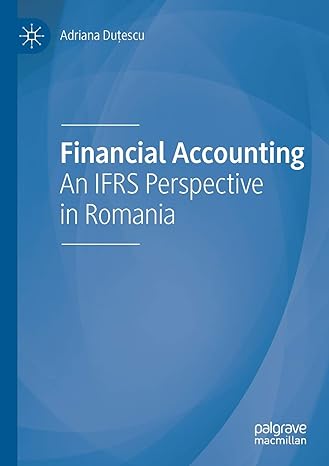Question
1. Which of the following may not raise money for the government? [A] Power of taxation [B] Police power [C] Power of eminent domain [D]
1. Which of the following may not raise money for the government? [A] Power of taxation [B] Police power [C] Power of eminent domain [D] Privatization of governments capital assets 2. In this power of the State, the person who is parting with his money or property is presumed to receive a benefit. [A] Taxation [B] Police power [C] Eminent domain [D] Forfeiture power 3. (CPA Exam) Police power as distinguished from eminent domain. [A] Just compensation is received by the owner of the property. [B] May be exercised by private individuals. [C] Superior to impairment clause of the Constitution [D] Property is taken by the government for public purposes 4. The following are common to the inherent powers of the state, except: [A] They are necessary attributes of sovereignty [B] They interfere with private rights and property. [C] They affect all persons or public. [D] They are legislative in nature and character. 5. The basic principle of taxation which states that taxes must be based on taxpayers ability to pay. [A] Equality in taxation [B] Ability to pay theory [C] Theoretical justice [D] Equity in taxation 6. Under this basic principle of a sound tax system, the government should not incur a deficit: [A] Theoretical justice [B] Administrative feasibility [C] Fiscal adequacy [D] Debt restructuring 7. What basic principle of a sound tax system is met when Congress evolves a progressive system of taxation as mandated in the Constitution? [A] Fiscal adequacy [B] Theoretical justice [C] Administrative feasibility [D] Uniformity in taxation 8. Which of the following is not a basic principle of a sound taxation system? [A] It should be capable of being effectively enforced. [B] It must be a progressive tax. [C] It must be sufficient to meet government expenditures and other public needs. [D] It should be exercised to promote public welfare. 9. Which of the following is not a characteristic of the States power to tax? [A] Inherent in sovereignty [B] Legislative in character [C] Based on ability to pay [D] Subject to constitutional and inherent limitations.
10. Which statement refers to police power as distinguished from taxation? (A) It can only be imposed on specific property or properties. (B) The amount imposed depends on whether the activity is useful or not. (C) It involves the taking of property by the government. (D) The amount imposed has no limit.
Step by Step Solution
There are 3 Steps involved in it
Step: 1

Get Instant Access to Expert-Tailored Solutions
See step-by-step solutions with expert insights and AI powered tools for academic success
Step: 2

Step: 3

Ace Your Homework with AI
Get the answers you need in no time with our AI-driven, step-by-step assistance
Get Started


